I do my work in Central Florida. Here it’s home to Mickey Mouse, great weather, some old people, and at least one alligator in every natural body of water. Central Florida is also known as the area in the US with the second most concrete swimming pools. That’s right. We’ve got some concrete in-ground pools up here. We’ve also got a lot of above ground pools too.
More northern parts of the country are dominated by above ground pools for a few reasons, but down here and in other areas, homeowners have a choice. As an above ground pool installer, I can’t tell you how many people tell me how they were going to get an in-ground pool, but… So they instead got an above ground. As you can imagine, I’ve heard every reason (sometimes in unwanted great detail) why they chose an above ground over the in-ground. If you are finding yourself deciding on whether to get an above ground or an in-ground swimming pool and you found this blog post, then read on. I’ll cover the great battle of above ground versus in-ground swimming pools.
To Help You Decide, Answer These Questions:
Everyone’s situation is different. Answer these questions and you’ll make a swimming pool choice in no time.
1) Where do you live?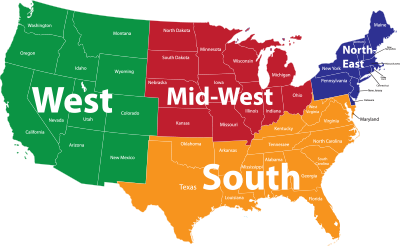
This is probably the second biggest question. Not all places can accommodate an in-ground pool and not all places will allow an above ground.
1a) If you live up north, how far north? How long is the swim season? Is it worth the high cost of an in-ground? Unless you are rich, it usually is not worth it. And, if you live up high enough, there is a thing called “lifting” which can be a pretty major issue with anything that is in the ground.
1b) Is your earth rocky or made of hard clay? Some yards are so hard they have to jackhammer a hole for an in-ground pool. That can add a huge cost to an already expensive endeavor.
1c) Is your yard small and weirdly shaped? Above grounds only come in a few sizes. Some yards require the flexibility of a custom in-ground pool.
1d. Does your neighborhood have an HOA that is run by a retired lawyer? Side rant warning: OK, that was harsh, but I really hate HOAs. Give some guy (who’s only angry ’cause he got old) unearned power over a few streets and the next thing you know there’s a curfew for everyone’s cats. Some HOAs won’t allow you to have an above ground swimming pool. I get it. I think having an old engine block as a front yard flower bed is probably not good for everyone’s home investment, but c’mon, it’s a swimming pool in a backyard. Relax, Mr Oldanduptight.

2) How much money do you have to spend?
OK, so this is a big one. In-ground swimming pools cost a lot of money. How much? Small concrete pools here in Florida start at about $30 000 and that’s probably not the one you want. The one you want and envision will more than likely be closer to the 50k and up range. YIKES!
A complete good-quality above ground pool will run between ten and twenty percent of the cost of an in-ground. Big difference.
 3) How much cash do you have?
3) How much cash do you have?
This sounds like the same question as number two, but it’s quite different. Some homeowners earn a great income, but also have high overheads which leave them cash-poor. These days it is harder to take home equity loans for nonpermanent things. As a result, most of the people getting above ground pools in the post 2007 real estate crash era are buying them, having them installed, having an electrician do his thing, and having a deck build all for cash. In many cases an above ground pool project will run between 5 000 and 10 000 dollars for everything. That’s a lot of available cash that some don’t have.
Some will opt for an in-ground because they can borrow the money for it through a home equity loan. It makes more sense for them because they are more capable of making a bigger monthly home payment than trying to save $10 000 in cash for a nice above ground pool setup.
4) How long are you planning on living in your house?
I would never consider an in-ground pool an investment, but if you are going to gain back more of the money you shelled out for it, it’ll have to be on the long term.
Sleepy time math alert: The value of an in-ground swimming pool is only based on the value of the overall property. Depending on the house and where you live, a concrete pool adds between five and ten percent of the value of the house and land. An example is an in-ground pool built to a 200k house will add between 10k and 20k to the value. It may have cost you $50 000 to have it built, but it now only has a $20 000 value. Sucks, huh?
In the US, most homes gain in value on the long term between three and five percent per year. This means that for every year you have your pool, it’s gaining in value along with the house. Nodding off yet? So if you plan on moving in five years, you’re going to take a bath on your in-ground pool investment. If you stay in the house forever though, you may recover the cost at some point.
Above ground pools don’t add anything at all to the value of your property so there’s no math to that at all. You could take it down and with you if you sell your house, but don’t expect it to have much value when selling it as a used pool.
A Final Word
I’m not pro above ground or pro in-ground. They both have pluses and minuses. Above ground pools are economical and fun. They allow a lot of people to have a pool who wouldn’t normally be able to afford it and that’s great! They also keep people from getting into too much debt and that’s great too.
In-ground pools can be absolutely beautiful. The water is at ground level which is natural and they can be customized to the nth degree (whatever that means). In-grounds are super expensive though. I have a concrete one and wouldn’t want any other type, but I bought the house with it already built. And to me, that’s the only financially sensible way to own one, unless, of course, if you are rich.

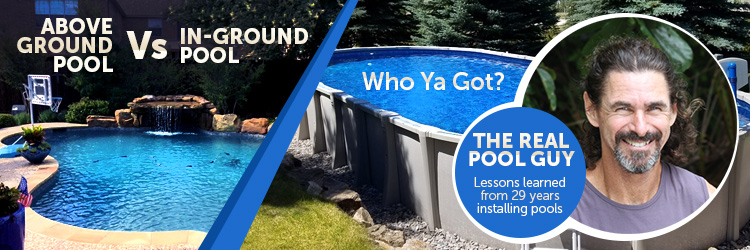
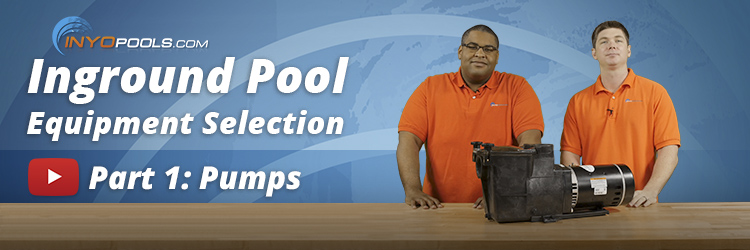

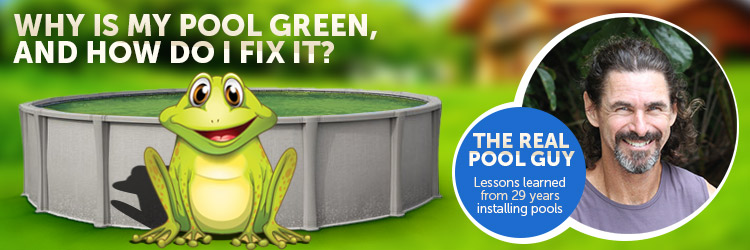
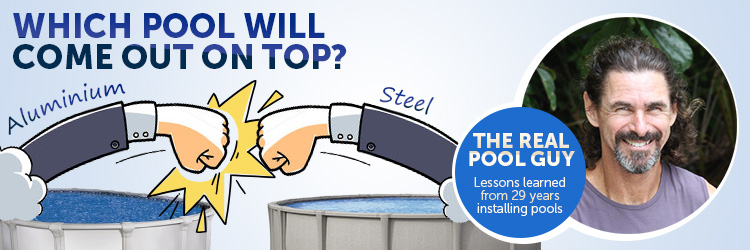






Hello Dan I like your article very interesting
Hello Dan. Want to thank you for your articles, they have been of great help. Would like to ask you, Is it possible to have a semi in ground pool with a shallow and deep end liner? if so, which one would you recommend. Thanks!
Yes, it is possible. You may have wrinkles if you use a standard liner as they are made for flat bottoms. You’ll need an expandable liner if you plan on going deeper than one foot.
Hi Dan what’s the best way to fill a 24/15 above ground pool
Thanks for the well written info. We just moved from the midwest… where any pool without a lanai is superfluous. We also had an actual retired lawyer as the president of our HOA…. and that was exactly on the mark! You made some good & worthy points to consider thank you again.
Hey dude you sound like there maybe some up tight problem about old fart’s breathing the same air as you. My opinion and like jerks we all have one . Hang loose . Your pool info best I have read .
Yes, except he’s exactly right. He must have a reason to detest over-vigilant HOA block captains. In my experience, and sister’s, and brother’s, they’re always old, on a power trip, and unpleasant.